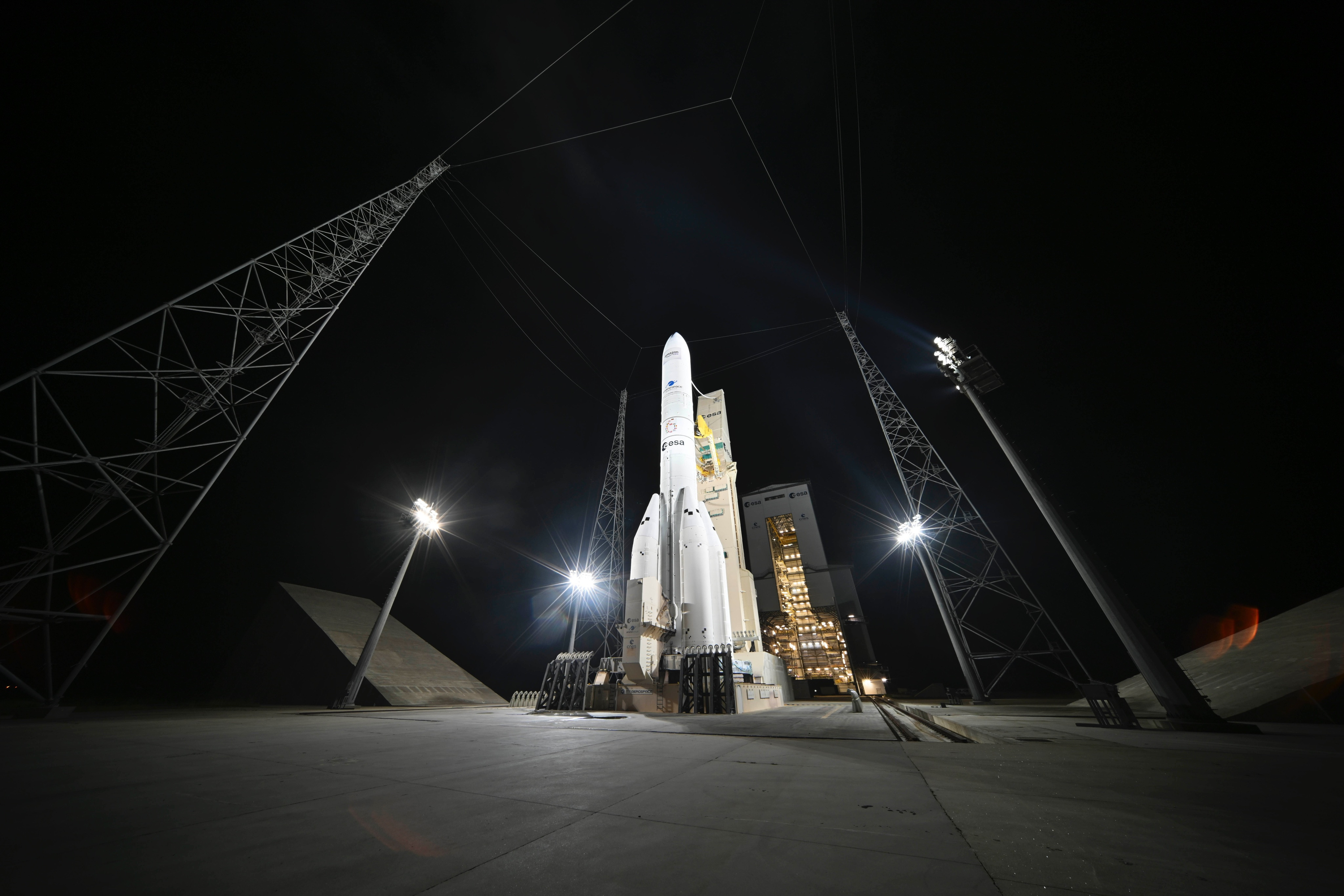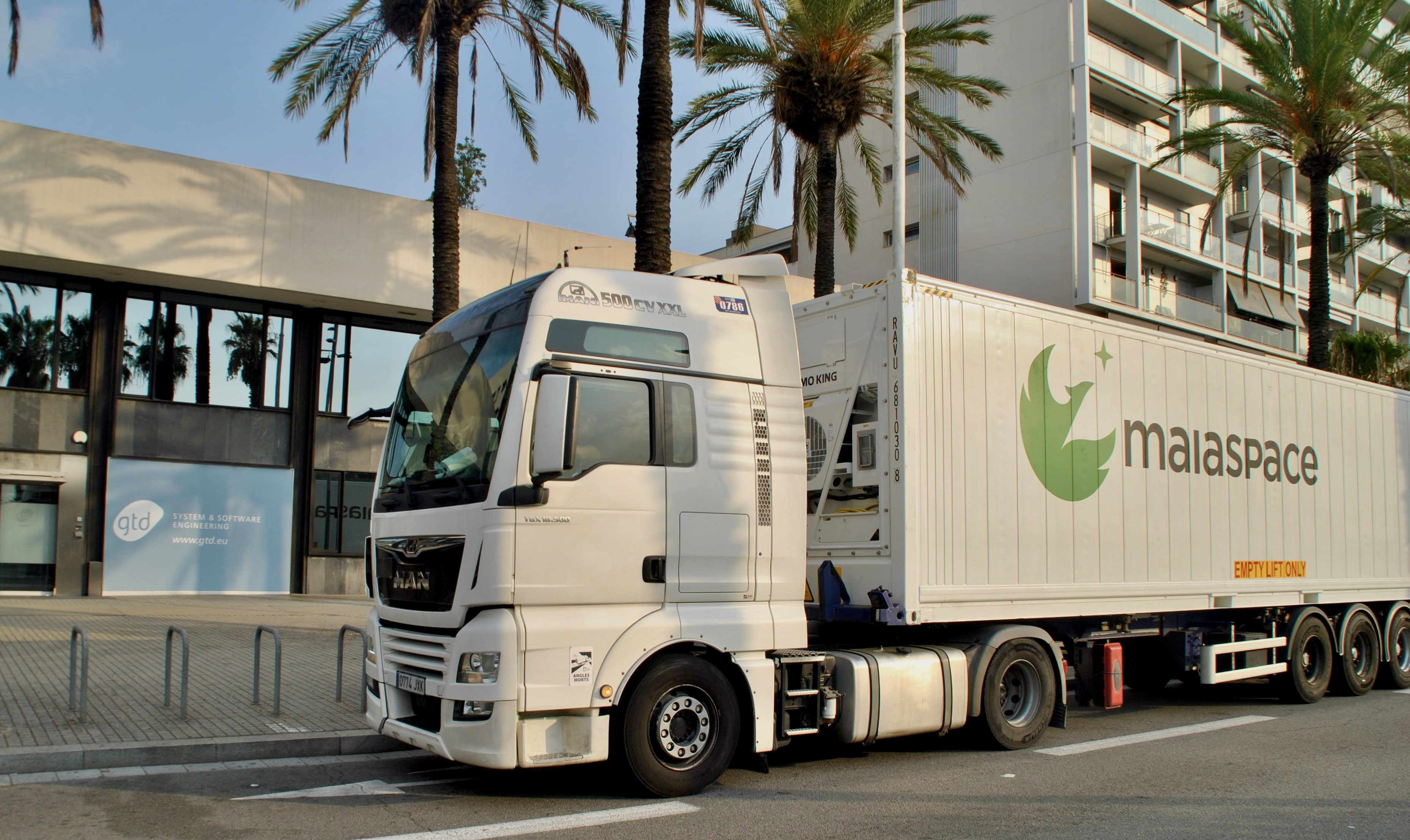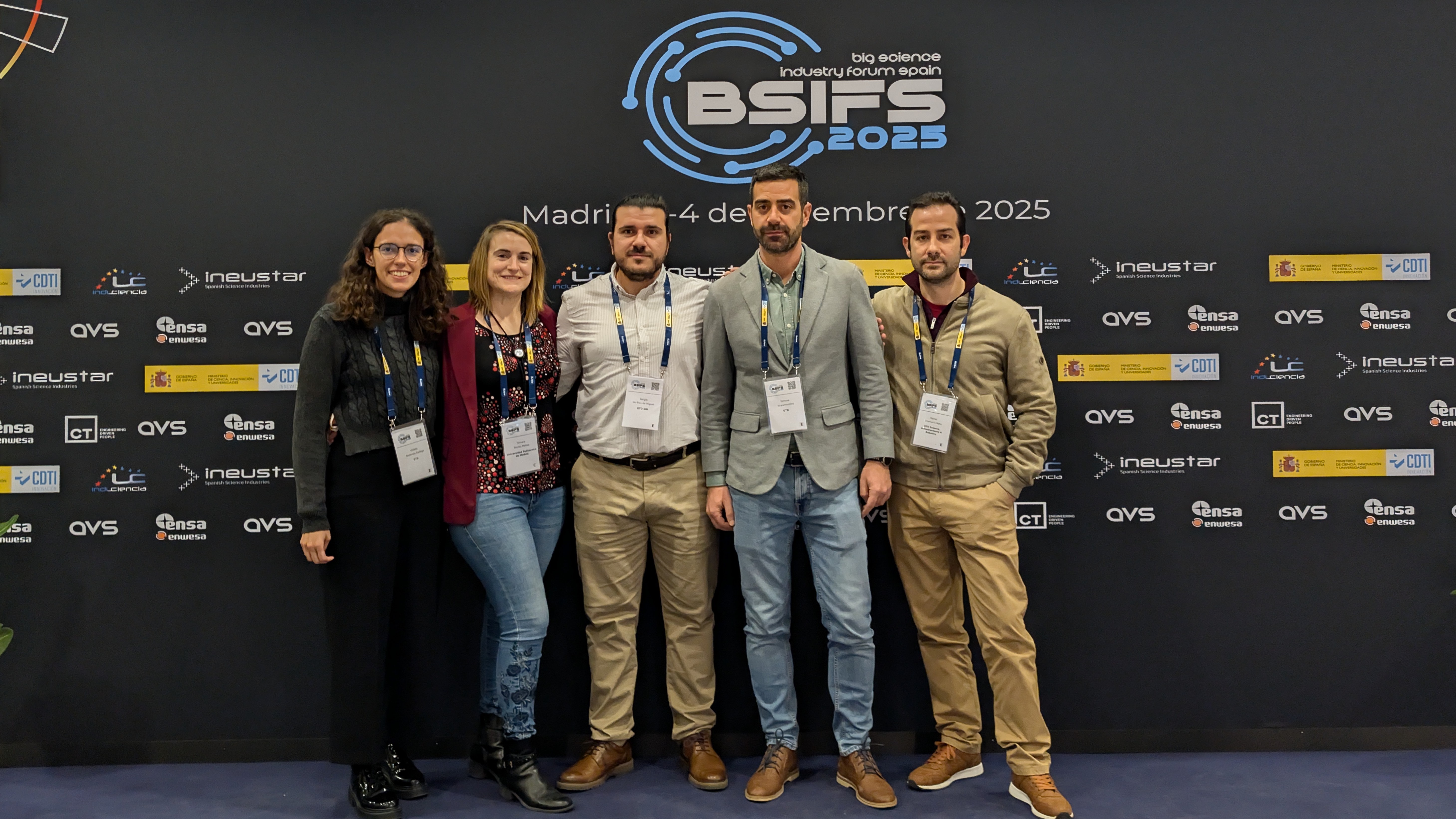GTD GmbH (The German subsidiary of GTD Group) will be participating in the construction of the largest radio telescope in the world, 'Square Kilometer Array ( SKA )’. This will be done through an international consortium lead by NCRA (Indian National Centre for Radio Astrophysics) The Square Kilometer Array (SKA) is a radio telescope in development in Australia and South Africa which will have a total collecting area of approximately one square kilometer. It will operate over a wide range of frequencies and its size will make it 50 times more sensitive than any other radio instrument. It will require very high performance central computing engines and long-haul links with a capacity greater than the current global Internet traffic. It will be able to survey the sky more than ten thousand times faster than ever before. With a budget of €1.5 billion, construction of the SKA is scheduled to begin in 2016 for initial observations by 2019 and full operation by 2024. The headquarters of the project are in Manchester, in the UK. GTD GmbH together with other entities will provide the design of the antennas, the data transport, signal processing and correlation, software, as well as management, scheduler and monitoring software. GTD GmbH will be accompanied by several German Scientific Institutes as well as some Spanish Research Centers like the Institute of Physics of Cantabria ( IFCA -CSIC ), the Public University of Navarra (UPNA ) and the Integrated Systems Laboratory of the Polytechnic University of Madrid (UPM). Also the National Astronomical Observatory (OAN- IGN) , the University of Granada (UGR), the Institute of Astrophysics of Andalusia (IAA -CSIC), the National Supercomputing Center ( BSC), the Supercomputing Center Foundation Castilla y León ( FCSCL ) and the Centre for Energy, Environment and Technology (CIEMAT). In total, more than three hundred and fifty scientists and engineers from eighteen countries will be responsible for carrying out the design phase of the radio telescope, which is a scientific and technological challenge.















